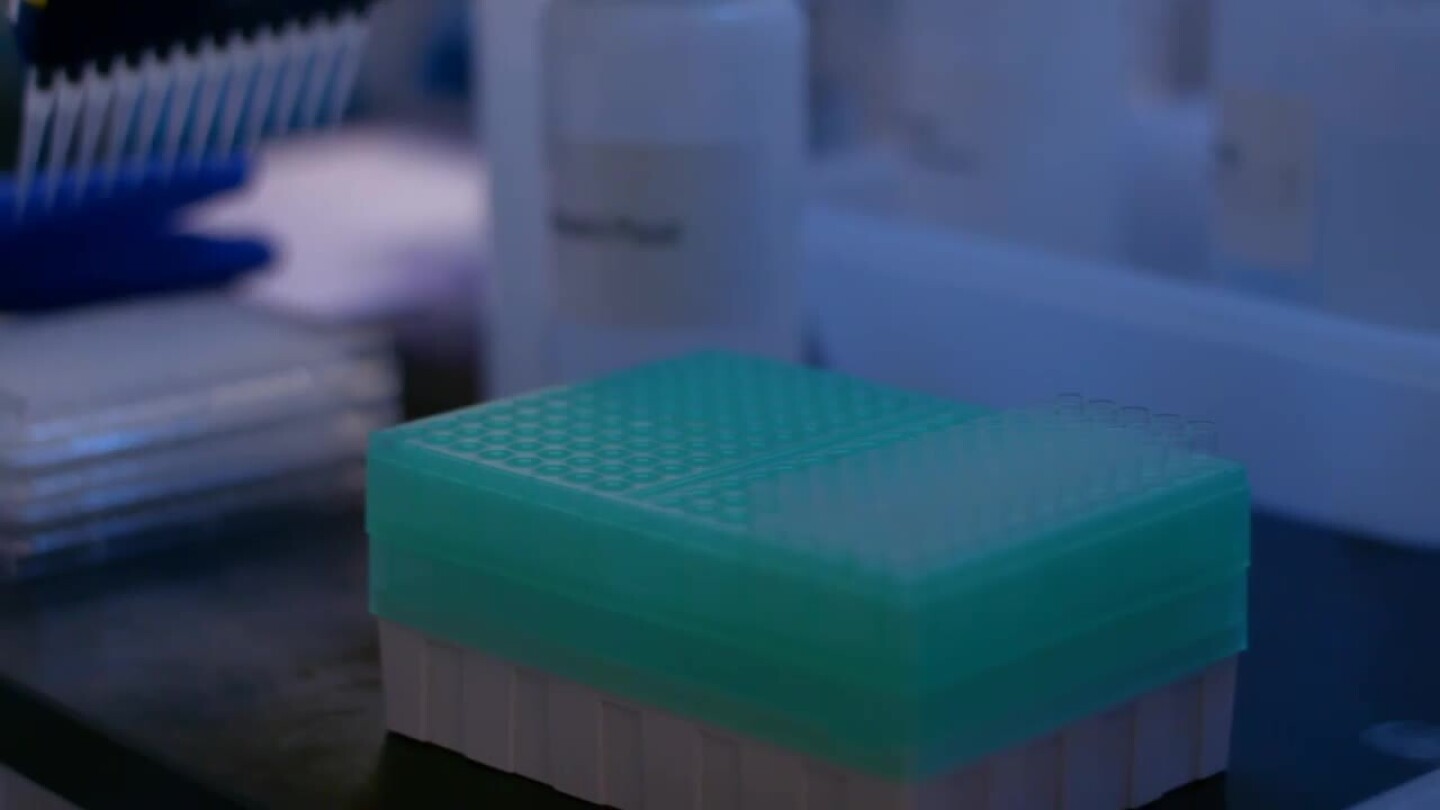
- Home
- Oncology
Our vision: The elimination of cancer
At Johnson & Johnson, we are driven by our bold vision to eliminate cancer. Together, we work diligently to get in front of cancer and will never settle until the disease is behind everyone.
Odds are that every person in the world knows, loves or is someone confronting cancer. It is the second leading cause of death globally, often disproportionately impacting people from underrepresented and underserved backgrounds. With its devastating impact on people and families worldwide, immediate action is needed to transform cancer care.
At Johnson & Johnson, we innovate with purpose to lead where medicine is going. We listen and learn with compassion to understand the needs of patients, caregivers, and healthcare professionals who remind us every day why we are working toward the elimination of cancer. Our aim is to not only take down disease, but to change and save lives. Our aim is to be in front of cancer.
At Johnson & Johnson, we innovate with purpose to lead where medicine is going. We listen and learn with compassion to understand the needs of patients, caregivers, and healthcare professionals who remind us every day why we are working toward the elimination of cancer. Our aim is to not only take down disease, but to change and save lives. Our aim is to be in front of cancer.


In front of cancer: John’s story
For John Eckardt, M.D., who leads external scientific engagement, bringing together the expertise of scientific innovators, advocacy groups, and many others helps improve the lives of patients with cancer.


In front of cancer: Charles’ story
For Charles Drake, M.D., who leads our prostate cancer disease area and immunotherapy stronghold, developing therapies that will improve patient outcomes and lead to a cure is what motivates him each day.


In front of cancer: Regina’s story
For Regina Brown, M.D., who leads first-in-human clinical studies for patients with solid tumors, her personal experience with cancer has shaped how she works to understand the individual needs and values of patients in her aim to get in front of cancer.


In front of cancer: Jaz’s story
For Jaszianne Tolbert, M.D., who leads development programs in oncology, inclusion is essential to clinical studies, because of the disproportionate impact of cancer on people from underrepresented and underserved backgrounds.


In front of cancer: Mary’s story
For Mary Guckert, who oversees the strategy and execution of our oncology portfolio, cancer is deeply personal. Her story reminds us of why we will never settle in our pursuit to eliminate this disease.


Our bold ambition: To get in front of cancer
We are working every day to advance the next wave of innovations to change and save lives and be in front of cancer for patients, caregivers, and healthcare professionals.
Our expertise: Pioneering innovations
Our expert researchers and integrated oncology teams are taking a holistic approach to tackling some of the most serious forms of cancer across hematologic and solid tumor malignancies – from developing preventative approaches and methods of early interception and detection, to creating new therapies and surgical devices, including breakthrough robotics solutions.
Getting in front of cancer at the 66th American Society of Hematology (ASH) Annual Meeting
Andreas Gerber, Worldwide Vice President of Oncology, shares Johnson & Johnson’s bold ambition to get in front of cancer. Read about the company’s success in hematologic malignancies, new pivotal data at this year’s ASH Annual Meeting, and important key takeaways.
How J&J is getting in front of cancer and driving towards cures at WCLC & ESMO 2024
Cancer deaths have decreased nearly a third in the last 30 years thanks to incredible advancements in science and technology. But our work is far from done – cases in the next thirty years are predicted to increase more than 75% with lung cancer, colorectal and prostate among the top four most commonly occurring worldwide. This crisis demands novel solutions, earlier intervention, and transformational medicines that can change and save lives – and Johnson & Johnson is out in front.
Are super-personalized solutions the future of healthcare?
The goal of precision medicine is to develop individualized treatments based on a patient’s genetic profile. Here’s how Johnson & Johnson is harnessing this cutting-edge field of tailor-made medicine.
Behind the relentless pursuit of multiple myeloma cures
Johnson & Johnson has been dedicated to developing innovative treatments for blood cancers for nearly 20 years. Scientist Kodandaram “Ram” Pillarisetti is at the forefront of the company’s commitment to working toward its goal of one day eliminating the disease.
How Johnson & Johnson is advancing new options for bladder cancer treatment
Every year, roughly 80,000 Americans receive a bladder cancer diagnosis. Many endure difficult and burdensome treatments in an attempt to fight the disease. But new innovations just might change that.
Could these 3 researchers transform the fates of patients with multiple myeloma?
For National Cancer Prevention Month, we’re spotlighting three leading Johnson & Johnson female hematologists—innovators who are not only saving lives and advancing new treatments but also paving the way for the next generation of women in their field.
Our inspiration: For us, it’s personal
Employees across Johnson & Johnson are working tirelessly to get in front of cancer and create a future where cures are a reality and cancer is eradicated. We listen and learn with compassion to understand the needs of patients, who motivate us to define a new way forward.
5 things we now know about bladder cancer
Paradigm-shifting new therapies are helping people with the disease lead longer, more comfortable lives. Learn how Johnson & Johnson is helping to change the treatment landscape.
Getting in front of cancer
Every year, roughly 2 million people in the U.S. are newly diagnosed with cancer. But a number of scientific breakthroughs—including ones made at Johnson & Johnson—have dramatically changed what kind of prognosis many of these patients will have.
“I’m supporting my husband through cancer treatment”
When Craig was diagnosed with multiple myeloma, his wife Cara took on a new role: caregiver. For National Caregiver’s Day, she shares the challenges—as well as the triumphs—of this difficult journey.
“I’m working to develop better treatments for children with devastating diseases”
A life-threatening condition that afflicts young cancer patients. A rare and painful form of pediatric arthritis. Learn about how Johnson & Johnson is innovating to use existing medications to help kids with these illnesses—and meet two women on the forefront of this game-changing work.
Oncology latest news
Learn more about the latest oncology news across Johnson & Johnson.
















